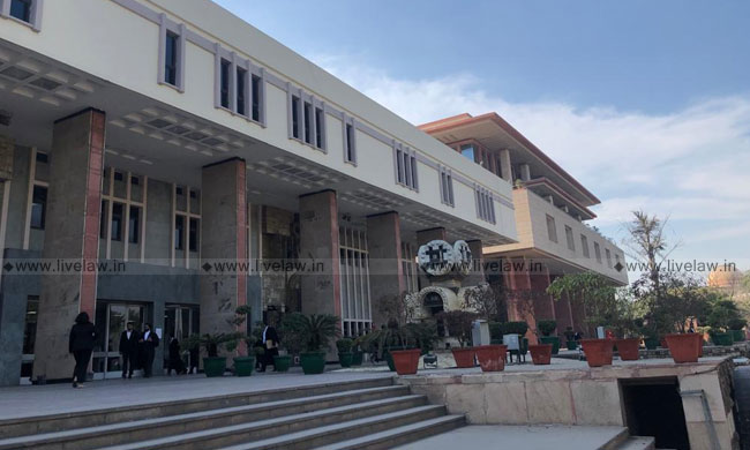Delhi High Court: Findings Of Fact Recorded By ITAT Not Perverse, Cannot Be Interfered Under Section 260A
Parina Katyal
7 March 2022 10:24 PM IST

Next Story
7 March 2022 10:24 PM IST
The Delhi High Court has ruled that in an appeal to the High Court under Section 260A of the Income Tax Act, 1961 there can be no interference with the finding of fact if it involves re-appreciation of the evidence. The Division Bench, consisting of Justices Manmohan and Sudhir Kumar Jain, held that if a particular receipt has been disclosed in the income and expenditure account, the...
